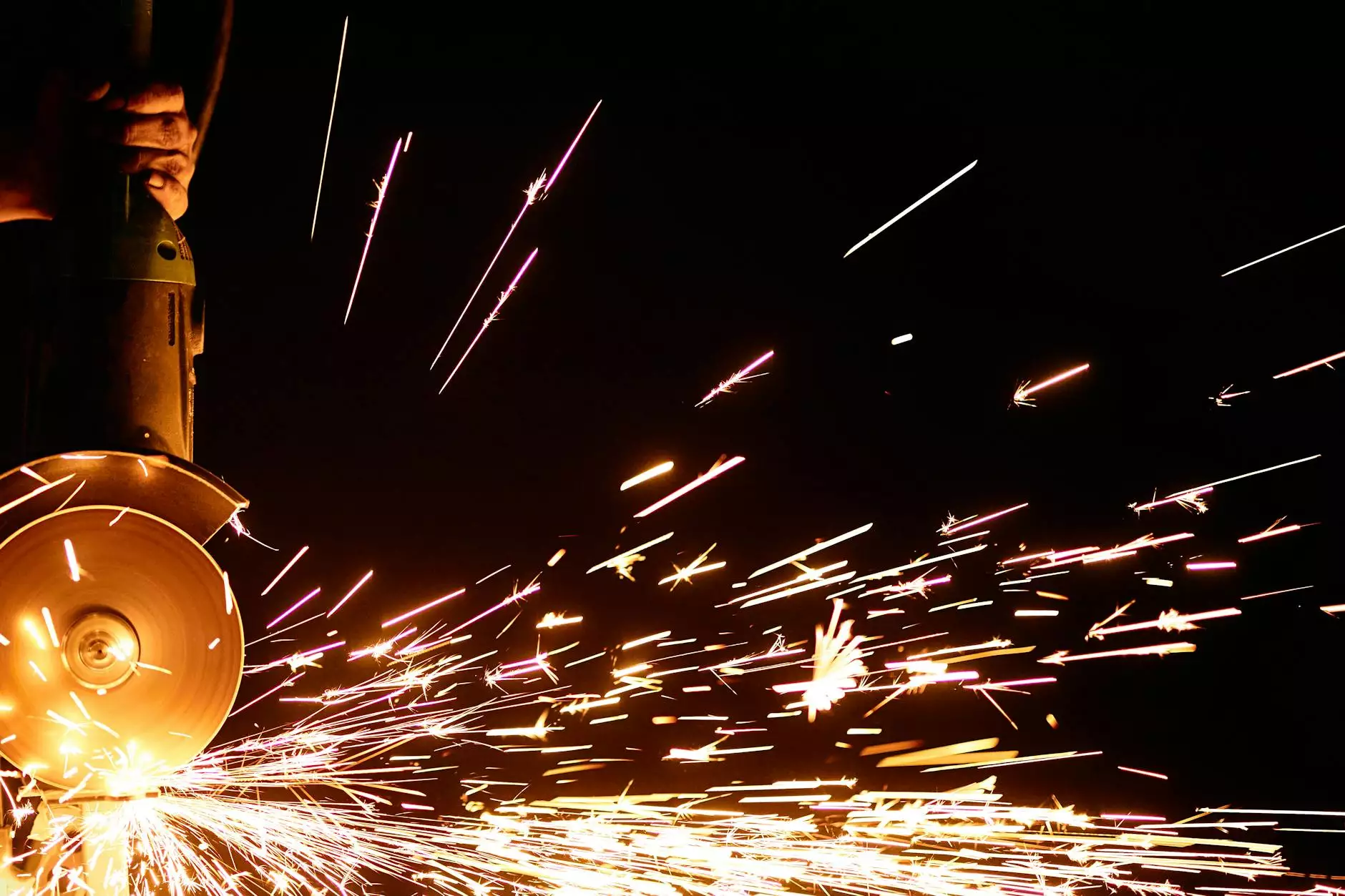Understanding Torque Converters: The Heart of Automotive Performance

In the world of automotive technology, components such as the torque converter play a vital role in enhancing vehicle performance. As one of the fundamental parts in automatic transmissions, the torque converter not only facilitates the smooth transmission of power but also significantly boosts the efficiency of your vehicle. This article aims to delve deep into the intricacies of torque converters, explaining their functionality, advantages, and how they contribute to an exceptional driving experience.
What is a Torque Converter?
A torque converter is a type of fluid coupling used in automatic transmissions to transfer power from the engine to the transmission. It serves as a vital connection that allows the engine to continue running while the vehicle is stationary, enabling the driver to accelerate smoothly without stalling. This fluid coupling mechanism is crucial for the operation of automatic vehicles, making it indispensable in modern automotive engineering.
Components of a Torque Converter
The torque converter consists of several key components that work together to ensure optimal performance:
- Stator: This component redirects the fluid returning from the turbine to the pump, enhancing the efficiency of the torque converter.
- Pump: Also known as the impeller, the pump is connected to the engine and creates fluid movement by pushing the transmission fluid into the turbine.
- Turbine: The turbine is connected to the transmission input shaft. It receives fluid from the pump and converts that fluid's hydraulic energy into mechanical energy, thus powering the vehicle.
- Lock-Up Clutch: This component engages and disengages to create a direct connection between the engine and transmission, improving fuel efficiency and reducing heat.
How Does a Torque Converter Work?
The functionality of a torque converter is grounded in the principles of fluid dynamics. Here’s a basic breakdown of its operation:
- As the engine rotates, it powers the pump.
- The pump generates hydraulic pressure, which flows into the turbine. This process engages the vehicle's transmission.
- The turbine, connected to the vehicle's drive shaft, begins to rotate, turning the engine's power into forward motion.
- When the vehicle reaches a certain speed, the lock-up clutch engages, providing a direct mechanical linkage between the engine and the transmission, reducing slippage and enhancing fuel economy.
Benefits of Using a Torque Converter
The incorporation of a torque converter in your vehicle's automatic transmission system comes with several advantages:
- Smooth Acceleration: The torque converter transmits power fluidly, allowing for seamless acceleration without the jerking motion common in manual vehicles.
- Increased Efficiency: By utilizing a lock-up clutch, modern torque converters significantly improve fuel economy, translating to lower fuel costs.
- Reduced Wear and Tear: The fluid coupling mechanism helps absorb shock, reducing the strain on other components and promoting longevity.
- Enhanced Performance: Torque converters can multiply engine torque, improving pulling power and overall responsiveness.
Types of Torque Converters
There are several types of torque converters designed to meet different automotive needs:
- Standard Torque Converter: This is the most common type found in automatic vehicles and operates effectively for city and highway driving.
- High-Stall Torque Converter: Engineered for high-performance applications, these converters allow for higher revolutions before fully engaging, yielding greater acceleration for sport or racing vehicles.
- Low-Stall Torque Converter: This variant is designed for fuel economy and efficiency, making it suitable for everyday commuting.
- Variable Pitch Torque Converter: By changing the angle of the blades, this type can adapt to different driving conditions, offering performance on demand.
The Impact of Torque Converters on Vehicle Performance
The torque converter significantly impacts various aspects of vehicle performance. Understanding these effects can help auto enthusiasts make informed decisions about their vehicles:
Acceleration and Power Transfer
One of the most notable benefits of a torque converter is its ability to enhance acceleration from a standstill. The converter multiplies torque, allowing the engine to provide more power to the wheels, making it easier to start moving and enhancing initial acceleration.
Fuel Efficiency
Modern torque converters with lock-up capabilities can dramatically improve fuel efficiency. By locking the converter at higher speeds, the engine and transmission can operate in unison, minimizing energy losses and maximizing economy. This attribute is particularly valuable for long-distance travel, where maintaining a steady speed can lead to significant fuel savings.
Heat Management
The movement of fluid within the torque converter helps dissipate heat, which is vital for maintaining optimal operating temperatures throughout the transmission. Overheating can lead to transmission failure, so efficient heat management allows for extended operational life and reliability of the automobile.
Common Issues and Solutions with Torque Converters
While torque converters are designed for durability, they can encounter several issues that may affect performance:
- Slippage: This occurs when the converter does not effectively transmit power, causing delays in acceleration. Regular checks and maintenance can prevent this.
- Overheating: If the transmission fluid is degraded or insufficient, it can cause the torque converter to overheat. Regular fluid changes and inspections are necessary.
- Noise: Unusual sounds from the torque converter can indicate wear and may necessitate professional diagnosis.
Timely maintenance and using high-quality components from reputable suppliers such as shenghaiautoparts.com can help prevent these issues and ensure the torque converter operates smoothly.
Choosing the Right Torque Converter for Your Vehicle
Selecting the appropriate torque converter is crucial for optimizing your vehicle's performance. Here are some factors to consider:
- Vehicle Type: Perhaps one of the most important considerations is the type of vehicle (e.g., sedan, SUV, or performance vehicle) as this will dictate the specific torque converter specifications required.
- Driving Style: Performance converters are suited for aggressive driving, while standard converters suffice for everyday commuting.
- Horsepower and Torque Ratings: Ensure that the torque converter matches the engine’s torque characteristics to ensure maximum efficiency and power transfer.
The Future of Torque Converters in Automotive Technology
As vehicles continue to evolve, so do their components, including torque converters. With the rise of hybrid and electric vehicles, traditional torque converters face new challenges and opportunities. Manufacturers are innovating to develop torque converters that enhance energy efficiency while providing the responsiveness expected in modern cars.
Conclusion
In summary, the torque converter is a critical component in the automotive industry, significantly influencing the performance, efficiency, and reliability of automatic vehicles. By understanding its functions, benefits, and maintenance needs, drivers can ensure their vehicles operate smoothly and efficiently. For high-quality torque converters and auto parts, look no further than shenghaiautoparts.com, where excellence meets performance.



